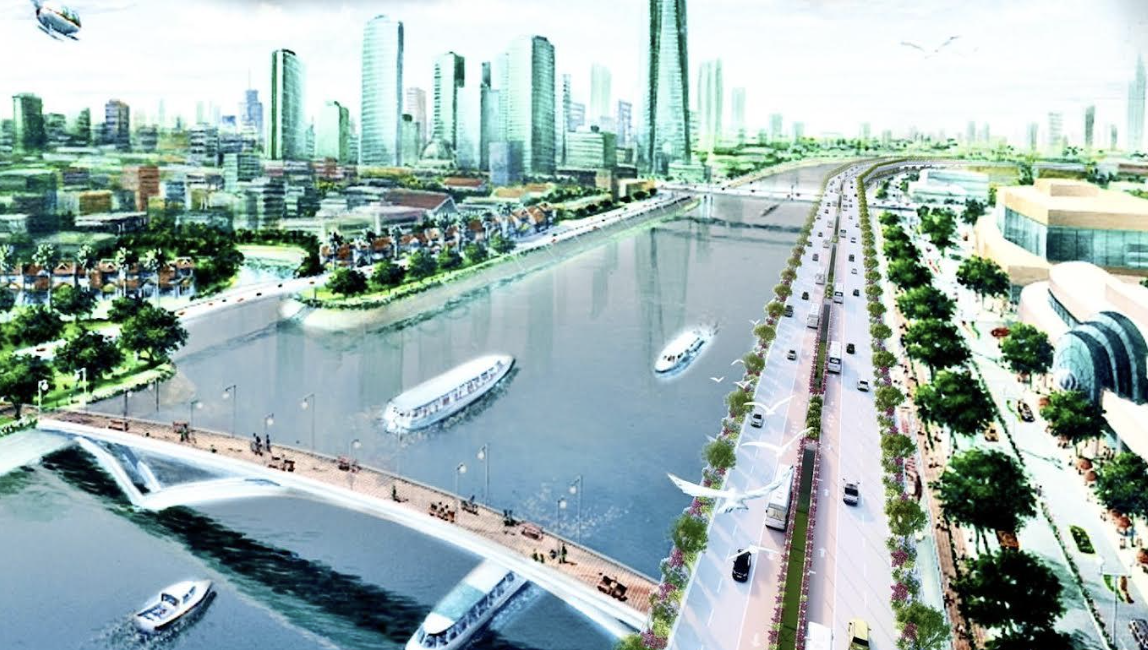The Department of Environment and Natural Resources (DENR) is still evaluating the impact of the Pasig River Expressway (PAREX), which has faced criticisms from transport, environmental, and heritage groups.
According to DENR Secretary Ma. Antonia Loyzaga on Tuesday, she will possibly issue a statement on the environmental compliance certificate (ECC) of the PAREX by next week.
“So, what we’re trying to do is evaluate this issue called the cumulative impact and this is the same approach that we’re taking on the various ECCs that have been given in areas where there are multiple projects that are in a single ecosystem,” Loyzaga said during a Palace briefing.
Loyzaga said there is no timeframe on the issuance of the ECC on the said expressway project.
Conglomerate San Miguel Corp. (SMC) has stood firm on building the P95-billion PAREX, saying it is a “a safe, reliable, and sustainable infrastructure crucial for an inclusive recovery and growth beyond the pandemic.”
Multi-sectoral groups have criticized the project over its impact to traffic and environment as well as being an eyesore to heritage structures along the Pasig River banks.
In 2021, San Miguel Corp. (SMC) president Ramon Angaddressed the criticisms, saying “We are not the type of people who will build something that will be bad for the public, the environment, and our country, for the sake of profits. In fact, we are investing a lot of money and other resources for these projects, even if the returns will take a while –because our country needs them.”
According to SMC, PAREX will be a hybrid infrastructure that can be used by motorists, public transport, cyclists, and pedestrians, to further enhance accessibility and traffic decongestion, while encouraging multiple modes of transportation.
It will also incorporate green architecture principles, with SMC tapping urban planner and green Architect Felino Palafox Jr., through his firm, Palafox Associates, for the design of the project.
SMC said building the 19.37-kilometer toll road that will link the eastern and western sections of Metro Manila –from Rizal province to the City of Manila– will complement its P2-billion, five-year rehabilitation effort for the historic tributary which started in July last year to mitigate its impact on the environment.
— LA, GMA Integrated News

















